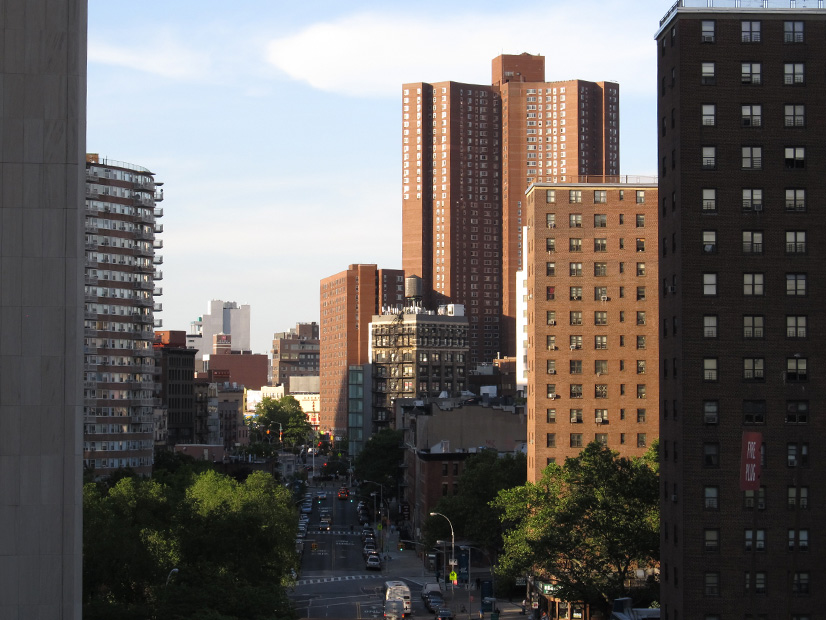
Weatherization efforts and energy efficiency policies will effectively mitigate an increase in home cooling demand in New York City, according to a new report due for release this month.
Community solar projects are also effective in absorbing excess load hitting the grid as equity cooling programs are outfitting more low-income apartments with air conditioners, the report from consulting firm Guidehouse found.
New York’s Home Energy Assistance Program (HEAP), which helps low-income residents pay the cost of heating their homes, will open a cooling assistance benefit in May 2022. Single residents with a maximum gross monthly income of $2,729, or families on a similar scale outlined in the requirements, can receive a free air conditioner if, because of medical conditions, they could benefit from cool air.
The combination of rising summer temperatures and the “heat island” effect in the city can create unbearable temperatures in apartments without air conditioning, especially those without any airflow, said Dan Rieber, weatherization director of the Northern Manhattan Improvement Corporation (NMIC), during a webinar hosted by the Northeast Sustainable Energy Association on Thursday.
The nonprofit serves as a provider and installer of air conditioning units for programs like the one HEAP is opening under the New York Office of Temporary and Disability Assistance.
Landlords in New York City are required to provide heat and hot water as part of the rental price, but not cooling services. One apartment where NMIC installed an air conditioner was about 89 degrees when the workers arrived, Rieber said.
The city also created a program to provide 74,000 air conditioners to people over 60 during the COVID-19 pandemic.
Cooling Demand
Rising summer temperatures will increase electricity consumption for air conditioning by 17% per household in New York City by 2050, Jim Young, an associate director at Guidehouse, said during the webinar.
However, with advanced building technologies and energy efficiency policies, the cooling load placed on the grid will be 14% less per home in 2050 than what it is now, Young said.
“Direct building measures such as higher efficiency AC, strengthening building envelopes and using cool roof technology have the most significant impact on reducing load,” he said.
Extending cooling access to vulnerable populations would cost between $170 million and $260 million over the next 30 years, Young said, but the benefit of avoiding heat-related medical issues will save the city at least $173 million.
Even with an increase in population and extending cooling to the current remaining non-air-conditioned housing stock in New York City, the residential cooling impact on the grid is relatively minor with a load increase of between 1% and 2%, according to the report.
While networked heat pumps would help mitigate increased strain on the grid and provide a zero-emission solution, air or ground source heat pumps should only be pursued “where they make sense,” Young said. Low-income residents should not have a longer wait time because of cost or construction barriers to get the help they need, he said.


